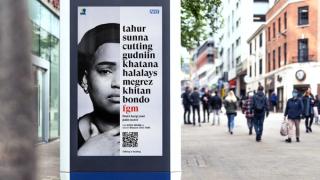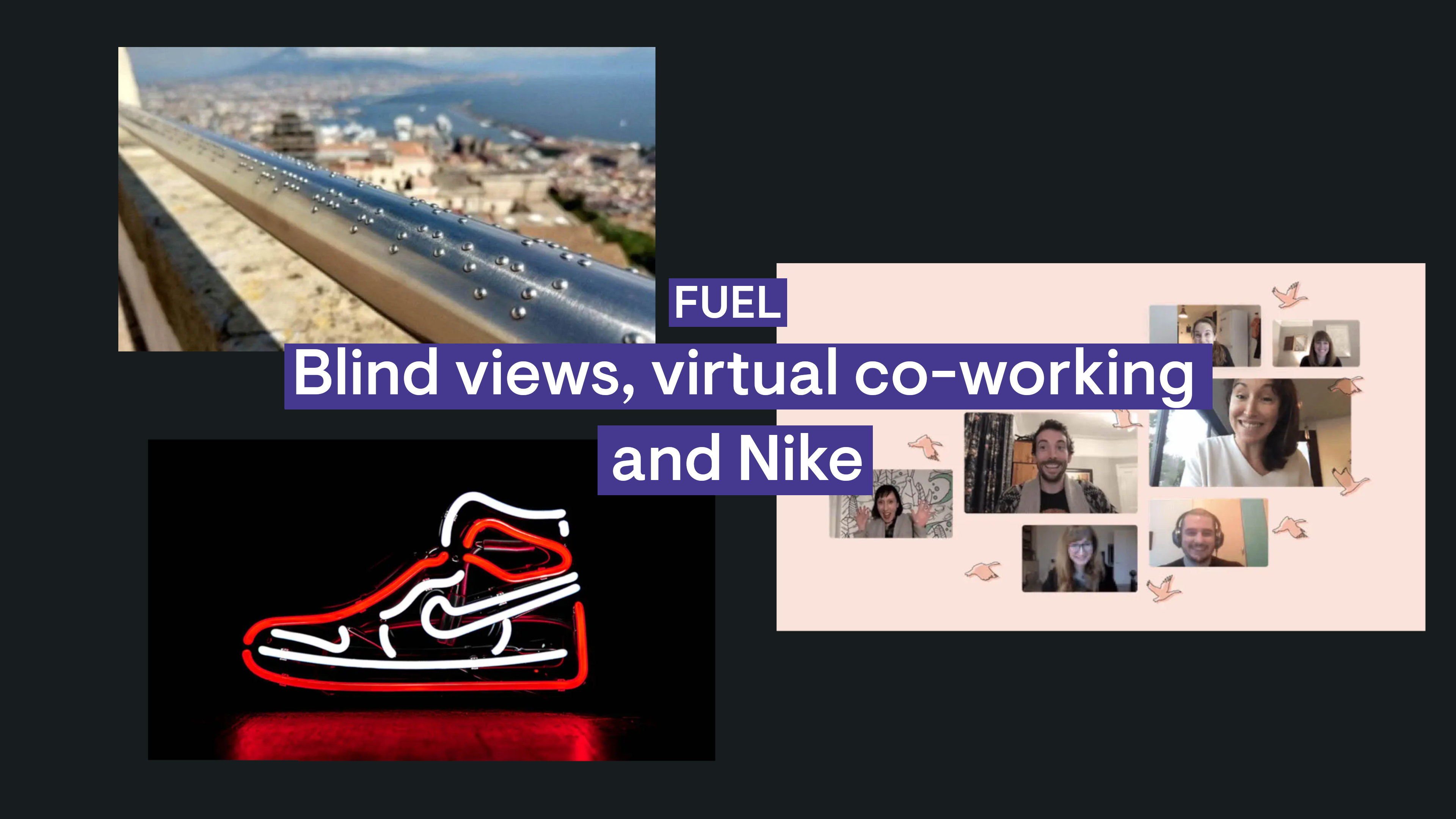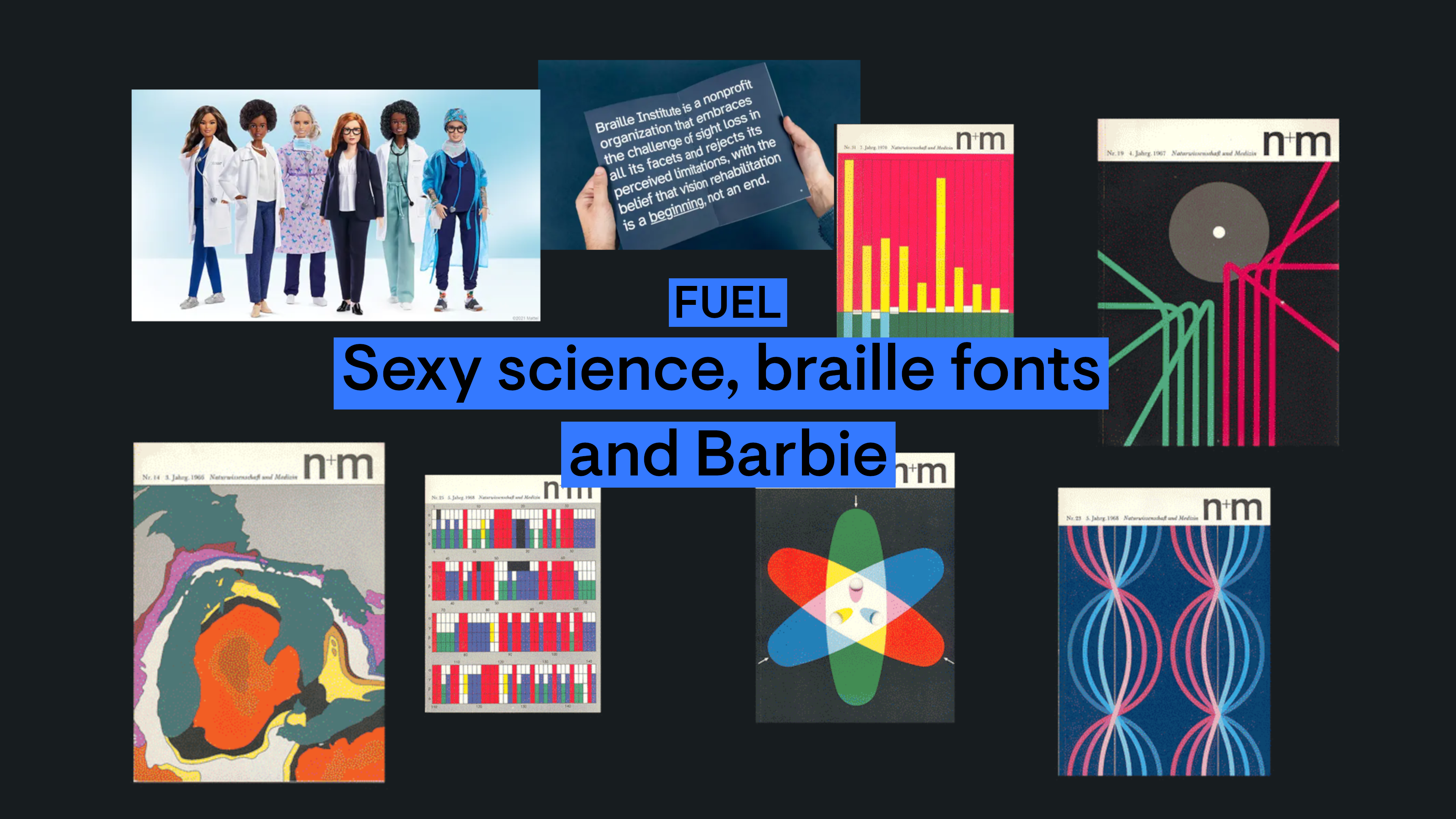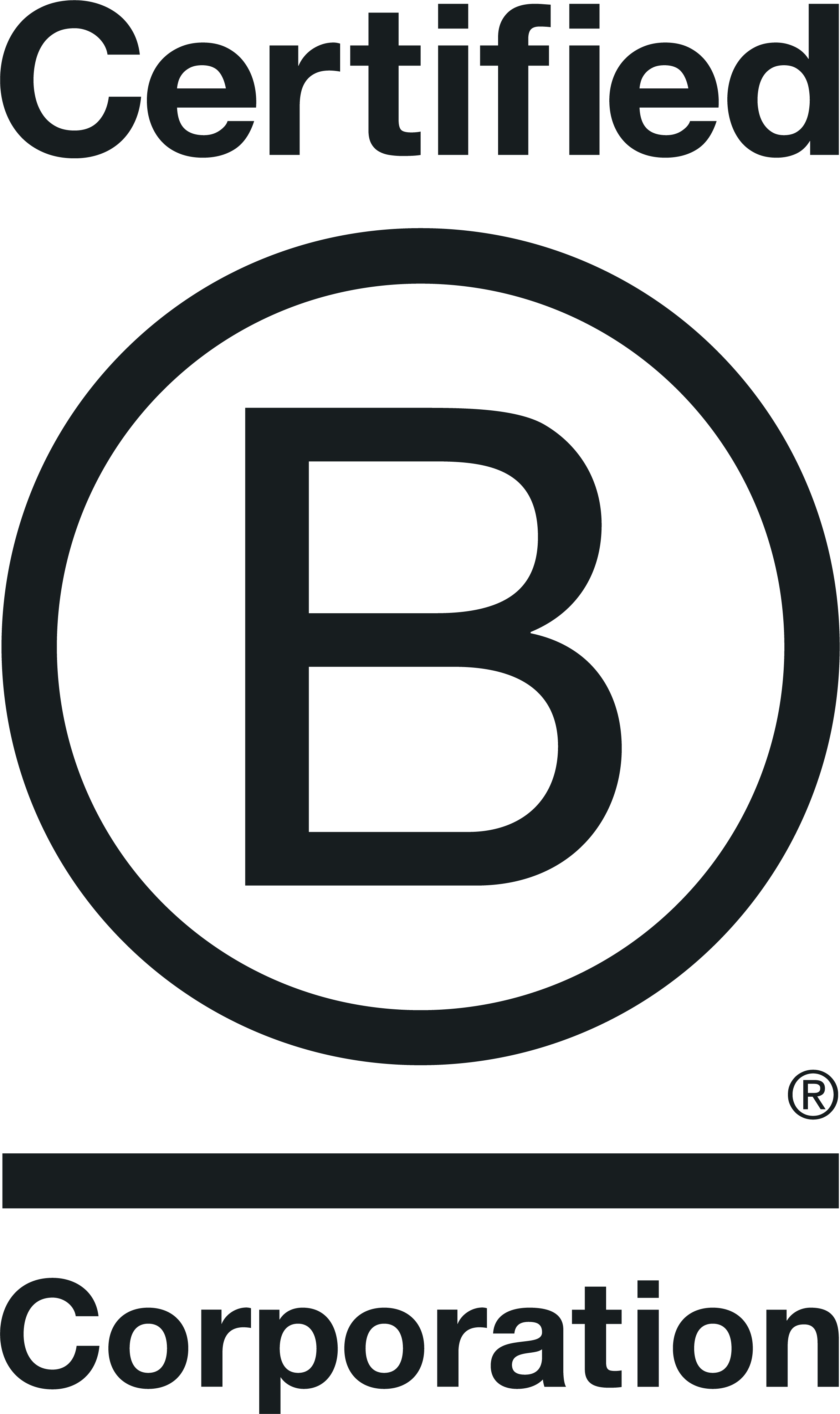Female genital mutilation (FGM) is a secret pain that many women carry with them.
It's the practice of deliberately cutting, injuring, or altering a female’s genitals – also known as cutting. FGM is usually carried out on young girls, between infancy and age 15 for cultural, religious and social reasons, as a preparation for marriage or to preserve virginity.
Those who survive cutting often have to live with long lasting health problems – chronic pain, infection, difficulties with childbirth or sexual health. But the scars are not just physical. Many women experience emotional problems too – anxiety, flashbacks, fear for themselves or their daughters.
The practice is against the law in the UK and it is considered a violation of children's rights. Yet there are an estimated 137,000 women in the UK affected by FGM.
As part of a national scheme, NHS England has set up eight specialist FGM clinics across the country, with the Blossom Clinic in Leeds providing support for victims of FGM from across the whole north of England. The Blossom Clinic provides a safe environment where women can share their experiences in confidence with a specialist community advisor. They can get the treatment they need, understand what’s happened to them and get extra support to help them regain their confidence and take back control of their bodies.
ThreeTenSeven was asked to create a campaign that would encourage women who have experienced FGM to get in touch with the Blossom Clinic, receive treatment, talk about their experiences and start the healing process.
The challenges
Women who have suffered FGM are often pressured to keep their pain secret by their families or their own communities. They are told it's a cultural norm and to speak out would be a betrayal. In extreme cases, women may be threatened with punishment or death if they talk about what's happened. Some women who have been cut in infancy, may not even be aware of what's happened to them or understand why they are in pain.
Another challenge for the campaign was the sheer breadth of cultures and languages involved. Women who have suffered FGM emerge from countries as far apart as Gambia and Egypt. How would it be possible to communicate with such a diverse group in a way that was clear and relatable?

Our approach
The truth about FGM is genuinely shocking and it's easy to become focused on the horrors of the procedure itself. However, we understood that we had a very specific task with our campaign – to reach out and encourage these women to get in touch with the Blossom Clinic, not forgetting that many of them would be in pain, feeling helpless or frightened. The messaging therefore would have to offer empathy and reassurance. This insight led to the central theme for the campaign – Talking is healing.
At the centre of the campaign is a series of posters featuring survivors of FGM set alongside the names for the practice in different languages – the divided format suggesting that the experience of FGM has left many victims feeling as if they are only half the women they should be.
London-based photographer, Ejatu Shaw herself had emotional ties to the project. Her own mother is an FGM survivor and she very nearly suffered the procedure herself. Her personal understanding of what her subjects had been through paired with her creative talent made Ejatu the ideal photographer for the project.

The campaign is currently being rolled out across posters, information leaflets and presentations for advocates from the clinic to use among community groups and teachers to use within schools. It has also attracted interest from ITV News, vital coverage that will help to raise awareness and stimulate conversation around this sensitive subject.
“It wasn’t until I heard the survivors’ own stories that I realised what a privileged position we were in and how much responsibility we had as a team to tell those stories to the world in the right way.” said Chris Skelton, ThreeTenSeven Creative Director.
"I’ve been really impressed with the way the ThreeTenSeven team responded to our brief. Throughout, they’ve shown a deep understanding of the sensitivities around FGM and a real empathy with the survivors. They’ve come up with an impactful campaign that really conveys the compassion and experience of the Blossom Clinic team and makes these vital services accessible to a number of hard-to-reach communities."
Karen Lambe, NHS West Yorkshire ICB.





